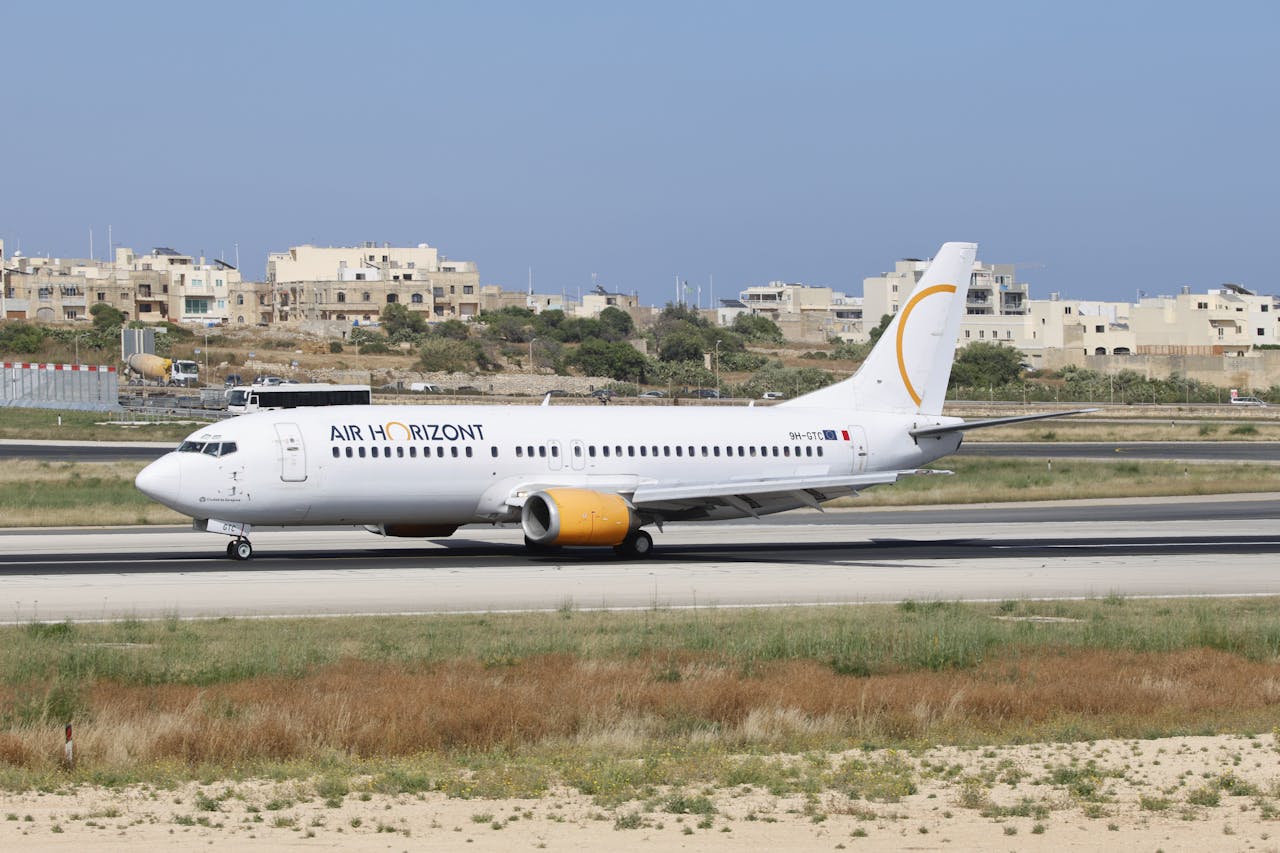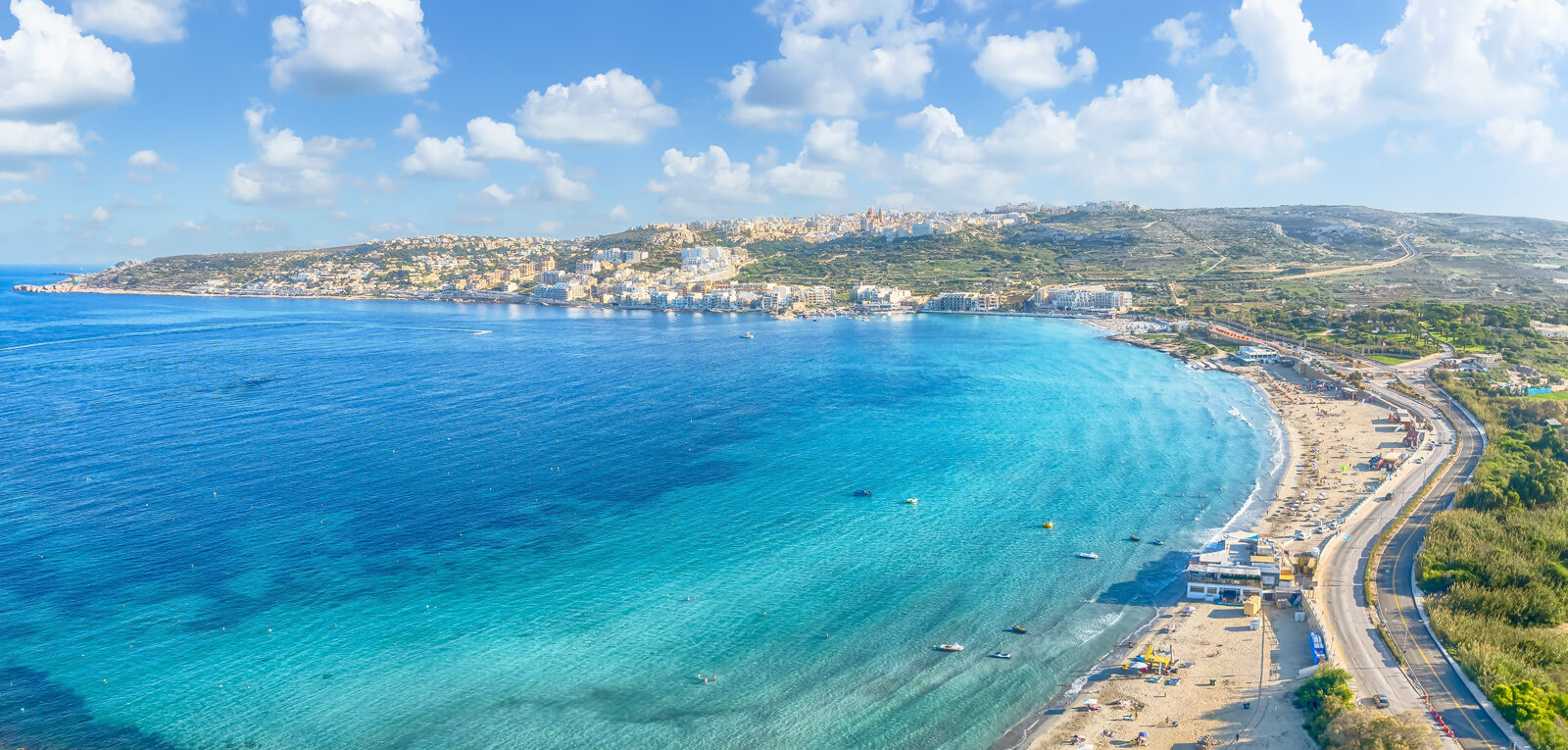Exploring the avenues of acquiring Maltese citizenship
Malta’s citizenship programme (officially known as Maltese Exceptional Investor Naturalisation, or MEIN) is designed to attract high-standing individuals and their families who can contribute to the country’s economic development. Granting visa-free or visa-on-arrival access to 185 countries, the Maltese passport offers unparalleled flexibility, ranking among the top 10 passports worldwide. Applicants for the citizenship-by-residence-and-investment programme are therefore subject to a thorough due diligence process to ensure that those granted Maltese citizenship are respectable individuals whose inclusion in the Maltese family is merited.
The desire for a second passport is often driven by a combination of practical, financial and personal factors, most notably as a route to a higher quality of life. For high-net-worth individuals, global entrepreneurs, and their families, the benefits of dual citizenship are substantial, offering a safeguard and gateway to a more secure and prosperous future in an increasingly interconnected world.
The programme is currently the subject of litigation before the European Court of Justice, despite an overhaul of its rules in 2020. Infringement proceedings by the European Commission began in April 2022, with and the case reaching court in June 2024.
Brussels essentially asserts that the scheme is in breach of EU law because citizenship is granted without any obligation for the beneficiaries to have “real ties” to Malta. However, the Maltese Government disputes this view, maintaining that its interpretation of EU treaties is correct. Malta also insists that citizenship is a wholly national competence and therefore falls outside the purview of EU supervision. So far, the proceedings are ongoing, although in October 2024, an Opinion by the Advocate General heavily favoured Malta’s arguments. It should nonetheless be noted that the Court is not bound to follow the Advocate General’s advice.
















